The Ministry of Industry and Trade focuses on building training programs for officials, civil servants, state management agencies and enterprises to better utilize FTAs.
Currently, Vietnam has signed 17 free trade agreements (FTAs) with more than 60 major partners, accounting for nearly 90% of global GDP. These FTAs include new-generation agreements such as CPTPP, EVFTA and UKVFTA, with commitments not only in traditional areas but also expanding to non-traditional issues such as labor, environment, intellectual property, requiring high standards and deep understanding from the workforce.
In recent times, the Ministry of Industry and Trade has focused on developing training programs as well as guiding officials, civil servants, state management agencies and enterprises to better utilize FTAs.
Industry and Trade Newspaper had an interview with Ms. Nguyen Thi Lan Phuong - Deputy Head of WTO and Trade Negotiations Department, Multilateral Trade Policy Department, Ministry of Industry and Trade to better understand this issue.
 |
| Ms. Nguyen Thi Lan Phuong - Deputy Head of WTO and Trade Negotiations Department, Multilateral Trade Policy Department, Ministry of Industry and Trade. |
Human resources are considered one of the barriers and limitations affecting the effectiveness of FTA utilization by businesses and localities. Can you share more about this issue?
Over the past time, the Multilateral Trade Policy Department has closely monitored the implementation of FTAs at both central and local levels, as well as in associations and enterprises. According to the report we submitted to the Prime Minister in 2022, remarkable efforts have been made by ministries, branches, localities, associations and enterprises in building human resources. In particular, training activities have been enhanced to match the practical needs of enterprises, while aiming to develop high-quality human resources to improve the effectiveness of FTA implementation.
However, the work of building human resources for FTAs still faces many limitations at many different levels. At the enterprise level, we find that most of them have not yet arranged specialized human resources for FTAs. The reason may be that enterprises have not paid attention to, or have difficulty arranging human resources for this field. In addition, commitments in FTAs are not only limited to traditional fields but also include many non-traditional contents such as labor, environment, rules of origin, and customs. This leads to the fact that human resources in enterprises do not fully understand and find it difficult to make the most of the commitments.
Another difficulty lies in the fact that businesses may have human resources interested in FTAs but have difficulty finding suitable training programs. Even when accessing information about training programs from the Central or local levels, many businesses still have difficulty sending specialized personnel to participate, leading to ineffective knowledge acquisition.
On the management side, at the local level, most of the staff are part-time, taking on many other jobs such as trade management or foreign investment enterprises. Therefore, it is difficult for them to spend time focusing on improving their knowledge of FTAs to support businesses. At the same time, the number of specialized staff from the central to local levels is limited. For example, our unit currently has less than 10 specialized staff on FTAs, but we have to support work in 63 provinces and cities and many industry associations, leading to great pressure.
In addition, the budget for FTA human resource training, although receiving attention, is still not enough to build a large-scale and comprehensive project.
Faced with these difficulties, in 2022, the Prime Minister directed the Ministry of Industry and Trade to strengthen training and human resource development on FTAs, coordinate with localities, industry associations and businesses to improve implementation efficiency.
In recent times, the Ministry of Industry and Trade has made efforts to coordinate with ministries, branches, localities and associations to implement this directive, gradually removing difficulties and improving the quality of human resources to serve the effective implementation of FTAs.
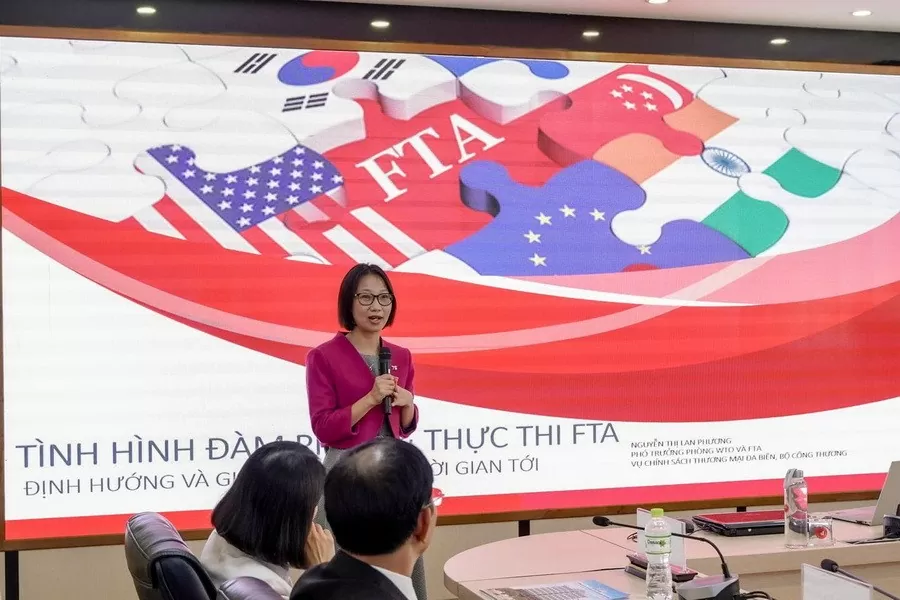 |
| Speakers discuss at a training course on FTA for state management officials and enterprises. Photo: Huyen Trang |
How will the selection of trainers and trainers be carried out, Madam? Could you share more about the results of the training and training programs organized by the Department itself or in coordination with other organizations?
In the period of 2023-2024, the Multilateral Trade Policy Department has coordinated with the Central Training and Development School of Industry and Trade Officials to implement a basic and in-depth FTA expert training program in each specific field. The highlight of the program is the extremely strict criteria for selecting lecturers, focusing on 3 factors: Extensive professional knowledge, practical experience and teaching skills.
The teaching staff not only need to have a general understanding of FTAs but also have expertise in the specific areas they are responsible for, such as trade in goods, services or investment. In addition, teaching experience is an indispensable factor to increase the attractiveness and effectiveness of content delivery.
The program content is flexibly designed to suit each group of students from many different sources. Each class is adjusted according to the characteristics of each group of students, each locality, specific profession and has additional practical situational exercises, helping students grasp knowledge and effectively apply it to management or business production.
In particular, the program also invited experts who participated in the Government's FTA negotiation delegation, industry association leaders and business representatives to share practical experiences, thereby increasing the application value of the lectures.
In 2023-2024, the program received positive feedback from students, with more than 50% of participants expressing their desire to continue enrolling in intensive courses in 2025.
In the coming time, the program will continue to expand and improve its quality, from the teaching staff to the teaching content. At the same time, input students will be carefully classified so that each course achieves optimal efficiency, increasingly meeting the practical needs of students and businesses.
Through monitoring and synthesizing training programs and projects on human resources for FTA implementation, what difficulties do you think need to be overcome and what are the solutions to overcome difficulties in human resources?
In the past time, when coordinating with the Central School of Training and Fostering of Industry and Trade Officials, we have noticed many notable difficulties.
First, the selection of training experts was a major challenge. The Training School and the Multilateral Trade Policy Department worked closely to invite leading lecturers in the FTA field. At the same time, working sessions were organized between lecturers, the school and the Department to unify the teaching content, ensuring it was suitable for the needs of students in each province and city. This process required great effort to build a detailed and practical curriculum.
Second, training budgets are limited. Although funding is provided, allocations based on specific locations and numbers of students sometimes do not reflect reality. Some classes have oversubscribed or need to adjust locations for convenience, but funding regulations are not flexible enough to accommodate this.
Third, from the trainees’ side, there are also many obstacles in attending the course. Managers often have multiple jobs, so it is difficult to arrange time to attend the four-and-a-half-day course. For businesses, sending staff to attend the course also has a significant impact on production and business activities.
Therefore, we hope that local and business leaders will pay more attention and create conditions for their staff to participate fully and actively, to ensure effective learning and practical support when applying knowledge to work.
Participating in the course is just the beginning. More importantly, we aim to create long-term connections between students, lecturers, and regulatory agencies, to help answer questions, and to help businesses maximize the benefits of FTAs.
In the coming time, the Ministry of Industry and Trade plans to deploy the FTA Index, to evaluate and rank provinces and cities on the results of FTA implementation. This index will be based on the assessment of local enterprises, in which human resources are an important factor.
We expect the ranking results to motivate localities to pay more attention to allocating resources to participate in FTA training programs, thereby improving both the quantity and quality of human resources and solving current difficulties. This is a step forward to support businesses more effectively and improve the capacity to implement FTAs nationwide.
It is known that the Ministry of Industry and Trade has begun a pilot project with a number of universities with majors in economics and especially international trade to include FTA training content in the curriculum. Could you elaborate on this plan?
The Multilateral Trade Policy Department, together with the Training and Development School and related units, is implementing a training program to develop a team of FTA experts. However, this program and project only solves the problem of short-term human resources, that is, meeting the human resource needs of local management agencies, associations and enterprises to directly serve the needs of taking advantage of FTAs in the short term.
However, to have a long-term workforce that meets the increasingly complex and specialized requirements of FTA commitments in the next 5 or 10 years, we expect that training will be developed from universities and colleges in the economic sector.
In recent times, the leaders of the Multilateral Trade Policy Department have had discussions with leaders of economic universities, such as the Foreign Trade University, as well as international schools such as BIV, to propose the idea of integrating the FTA expert training program into student teaching. The goal is that in the next 5-10 years, this workforce will be able to immediately perform tasks at central and local management agencies and enterprises.
To achieve this, we hope that from the second year, students will have the opportunity to study in conjunction with practical work at local departments and offices, or at facilities and businesses that have the need to export to international markets. Connecting theory and practice right from the time they are still studying will help students after graduation not encounter the big gap as it is now, when we have to spend time retraining them so that they can catch up with practical work.
Thank you!
Source: https://congthuong.vn/dao-tao-boi-duong-nguon-nhan-luc-chia-khoa-vang-de-tan-dung-toi-da-cac-fta-360282.html


![[Photo] Brazilian President visits Vietnam Military History Museum](https://vstatic.vietnam.vn/vietnam/resource/IMAGE/2025/3/29/723eb19195014084bcdfa365be166928)

![[Photo] Prime Minister Pham Minh Chinh and Brazilian President Luiz Inácio Lula da Silva attend the Vietnam-Brazil Economic Forum](https://vstatic.vietnam.vn/vietnam/resource/IMAGE/2025/3/29/f3fd11b0421949878011a8f5da318635)
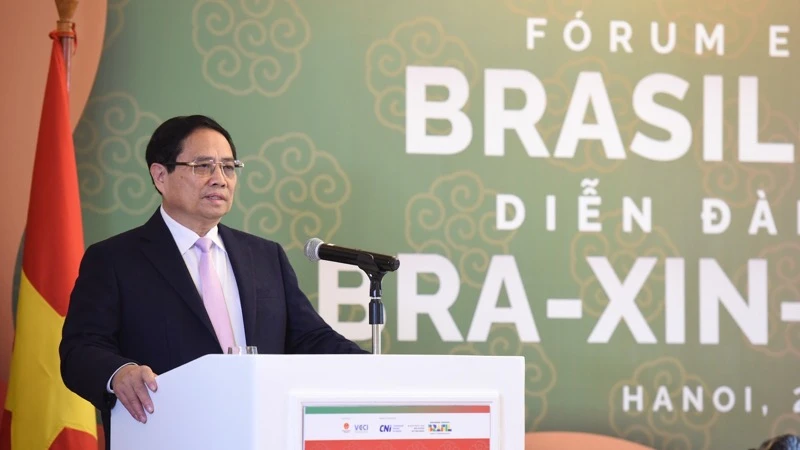

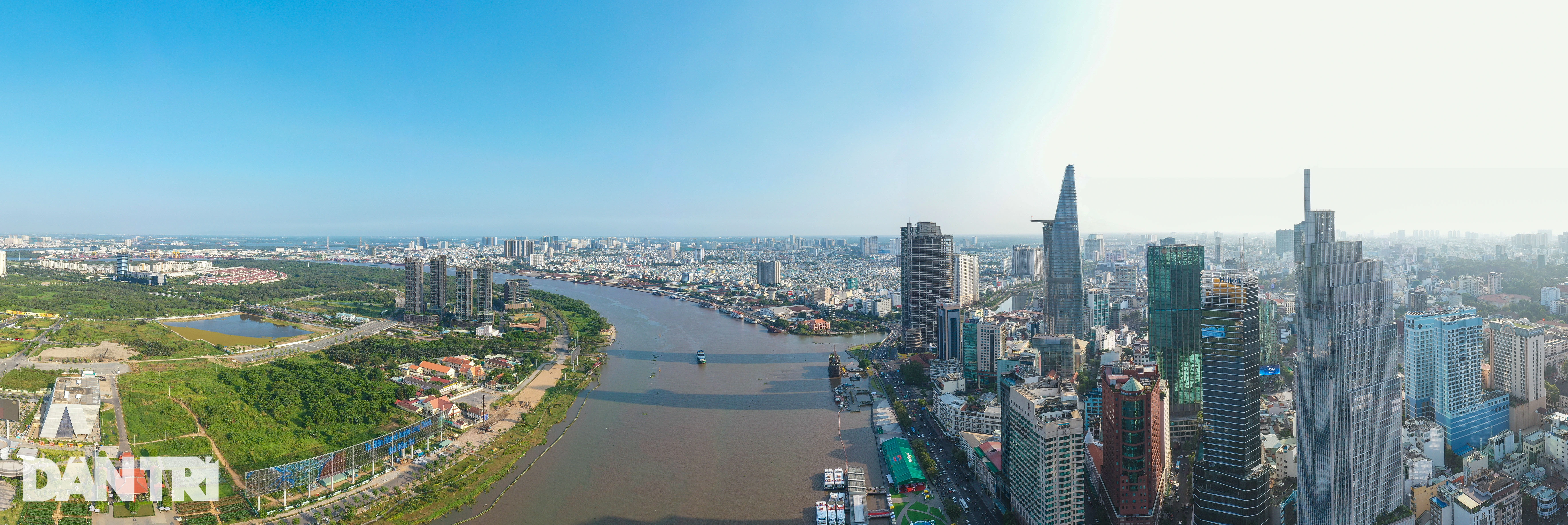
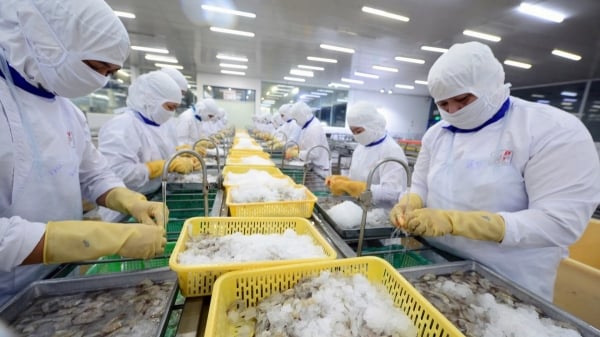



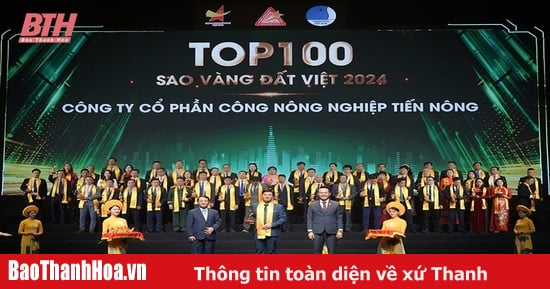



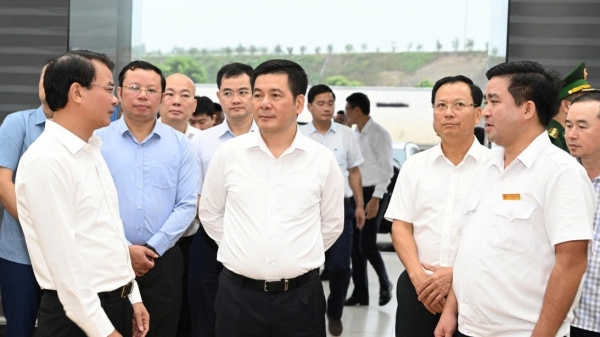
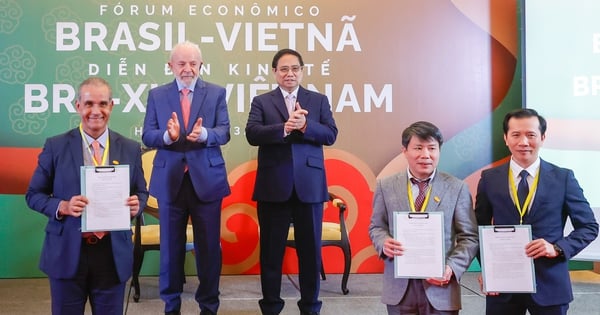
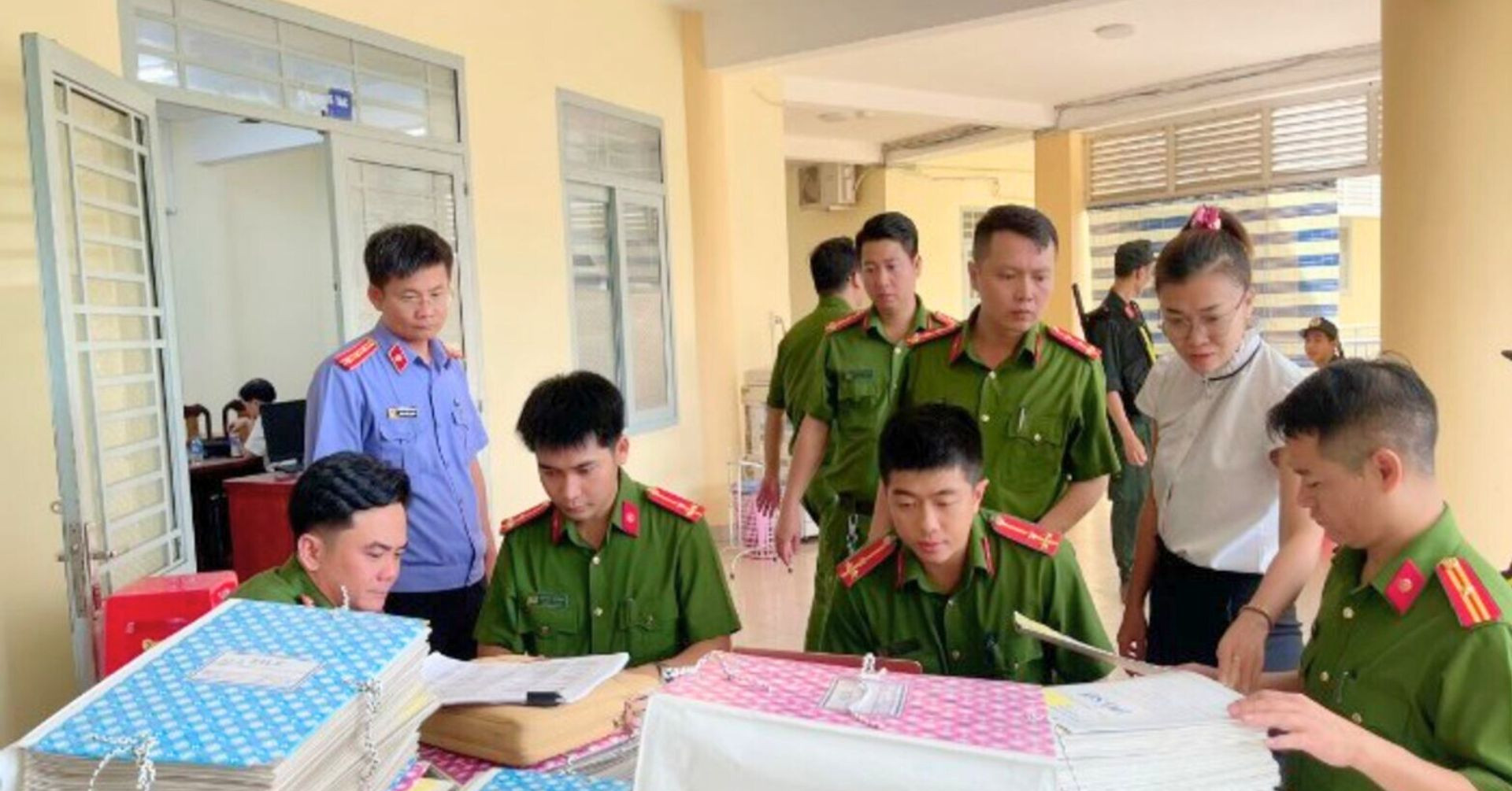
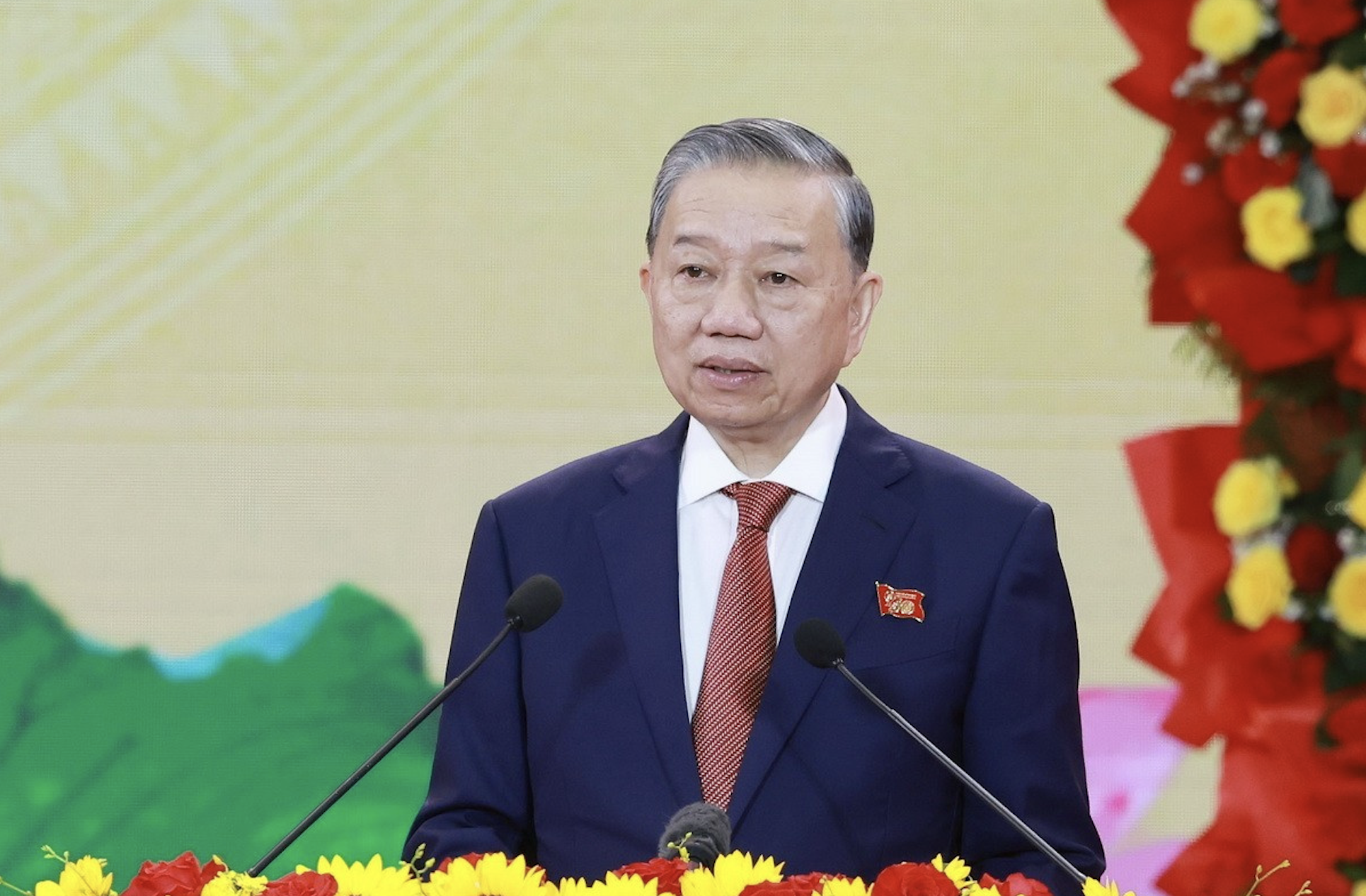
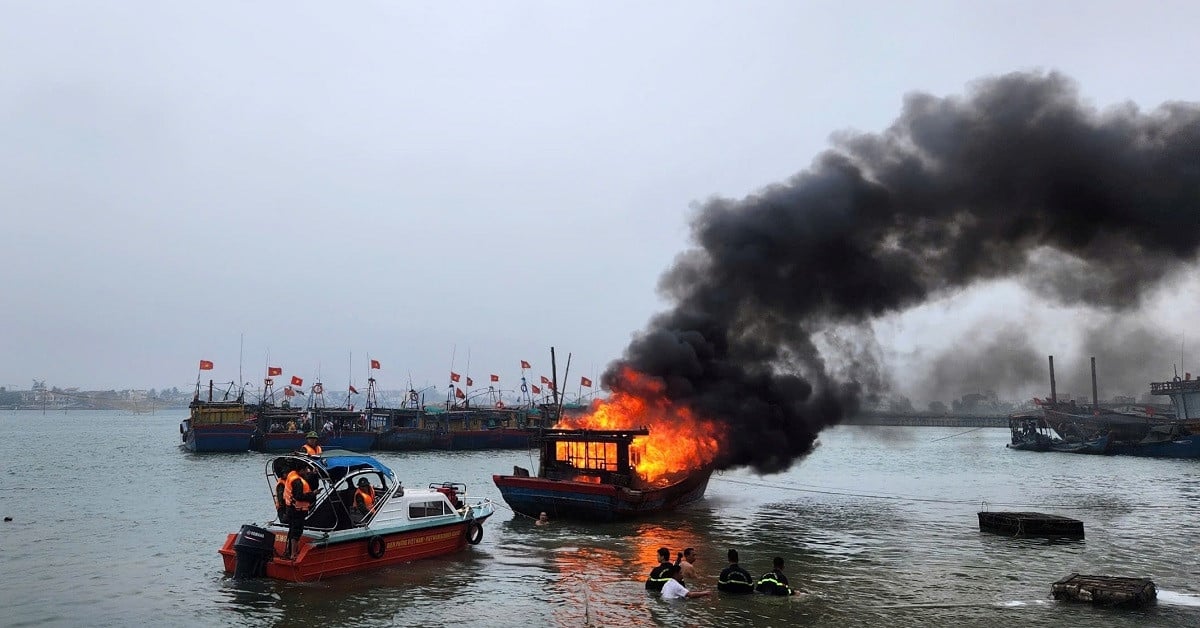





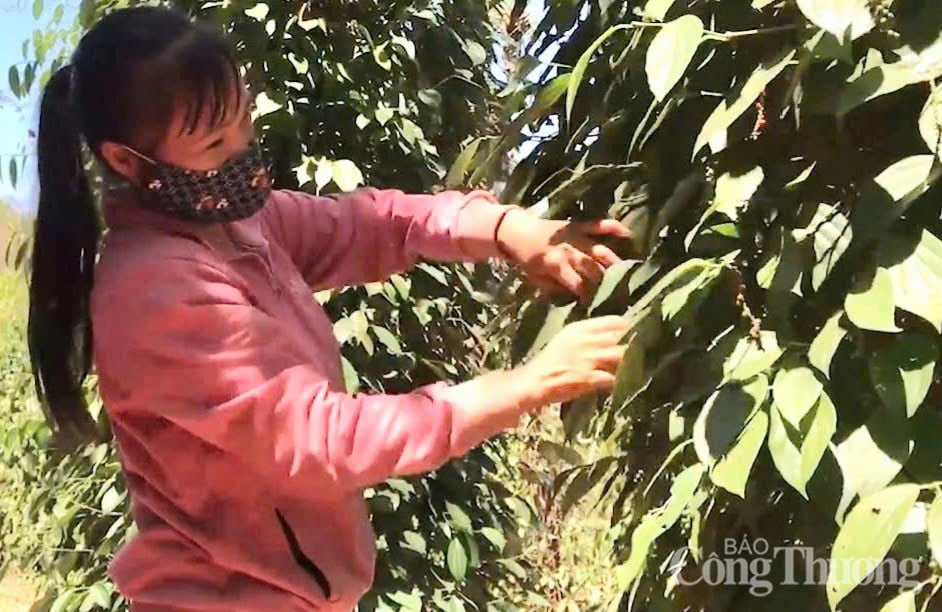
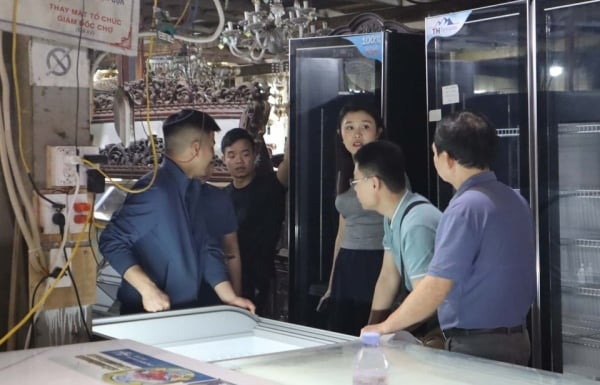
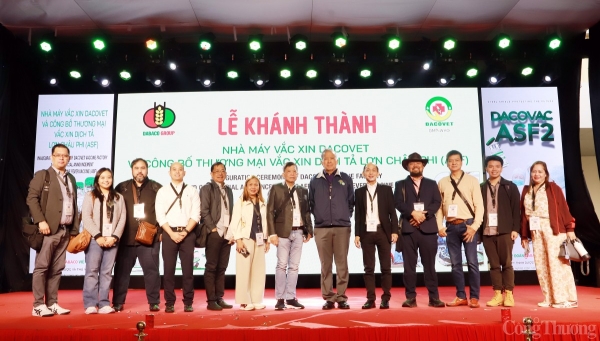













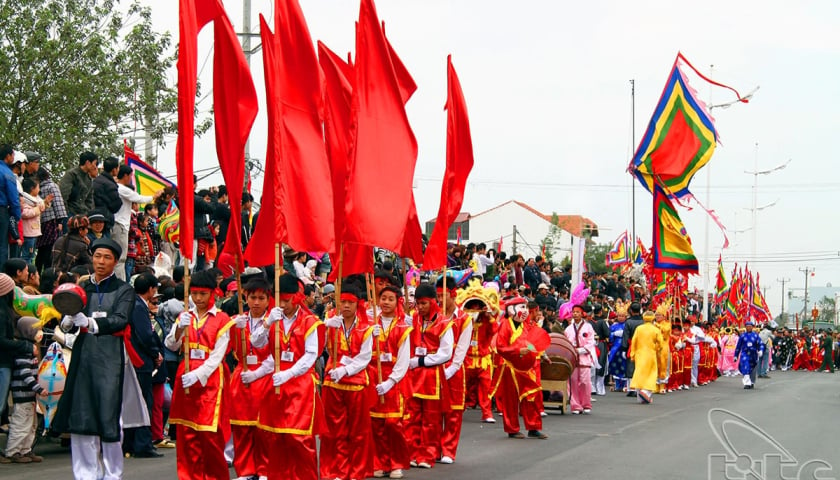



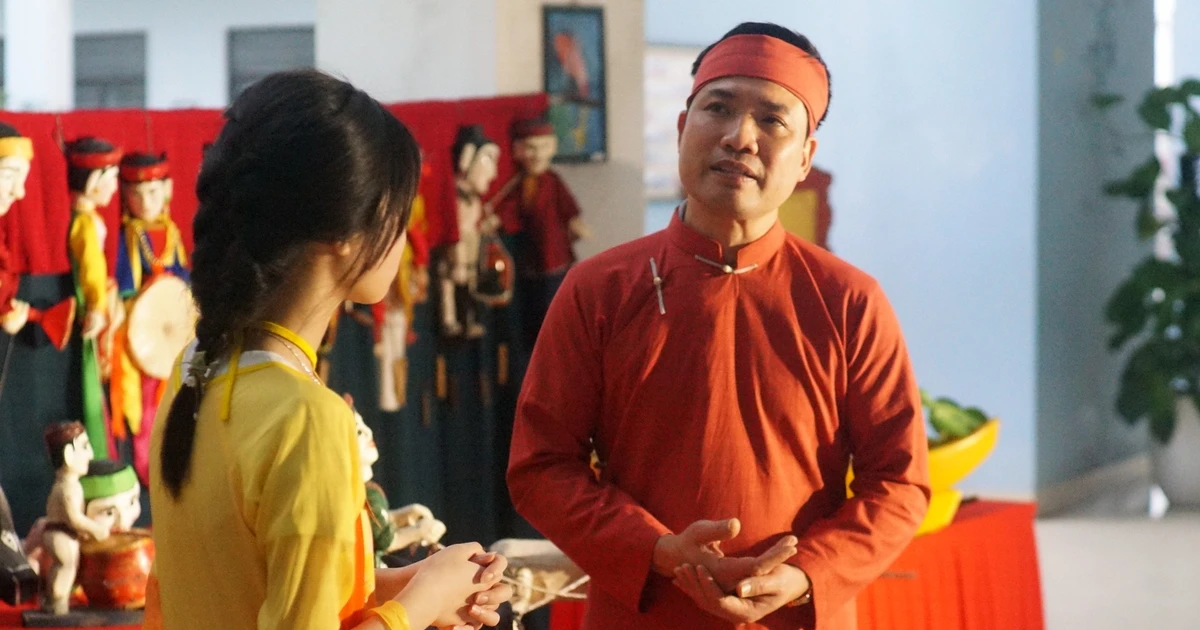
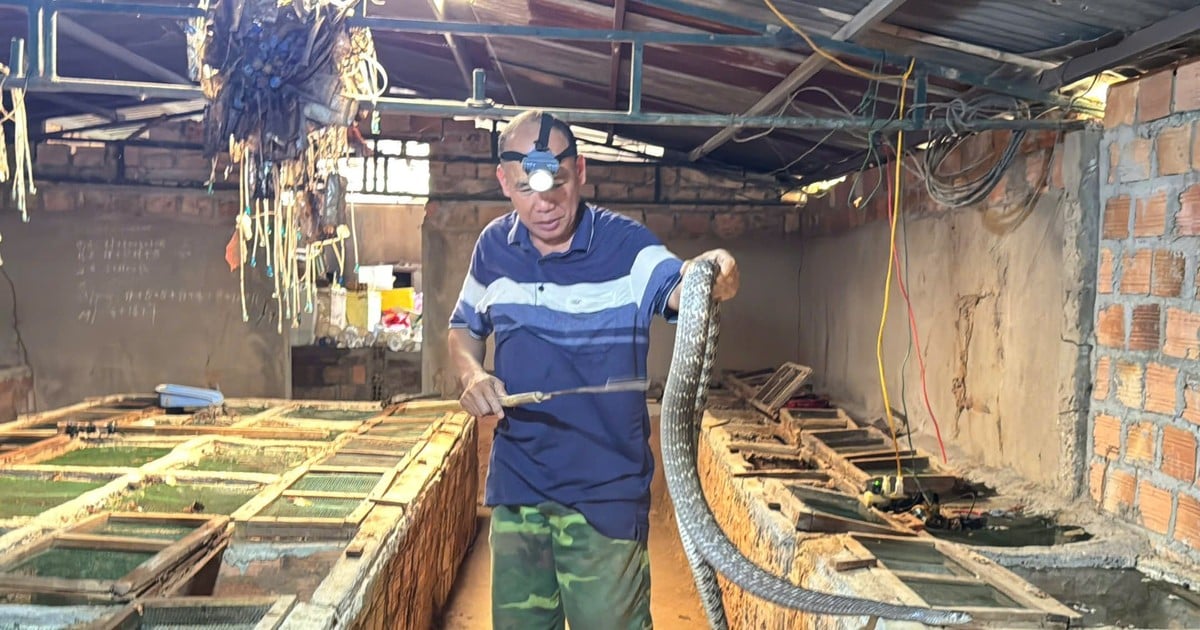
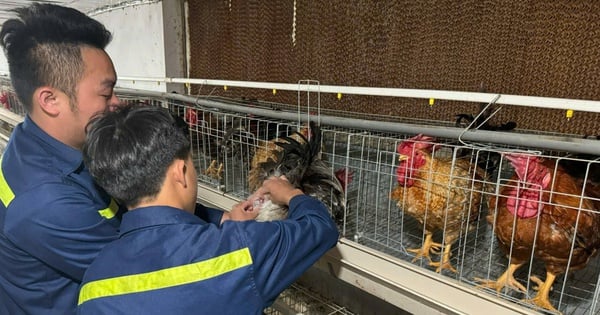

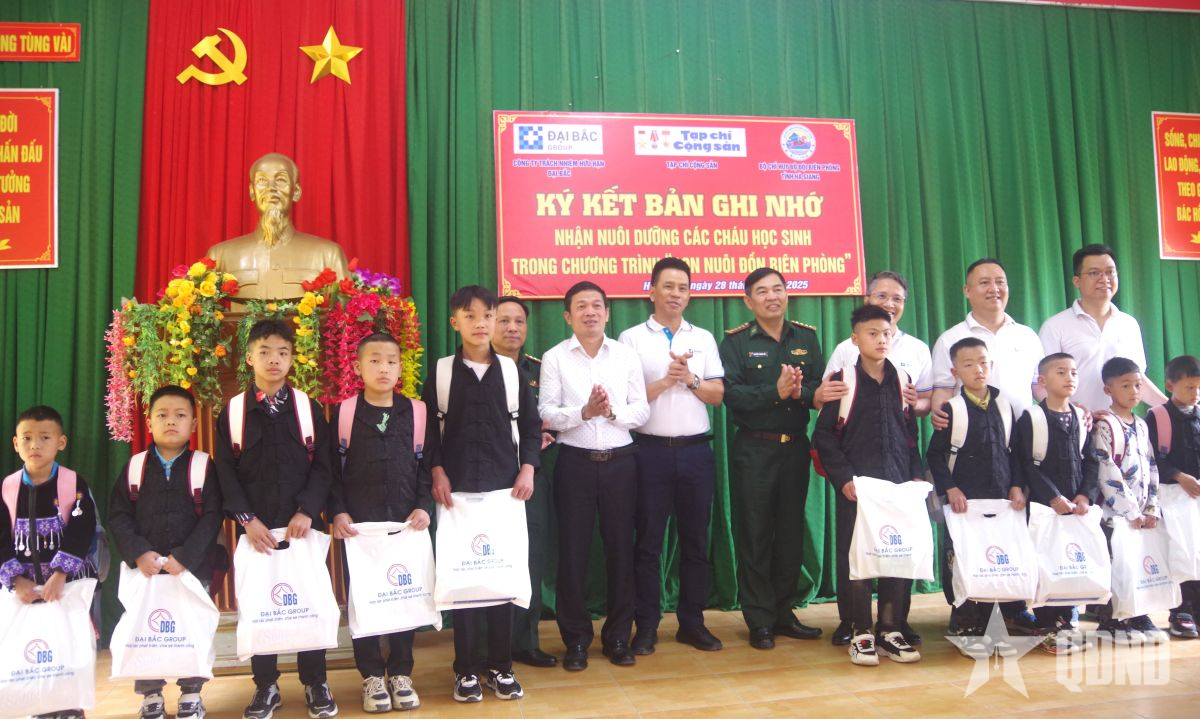










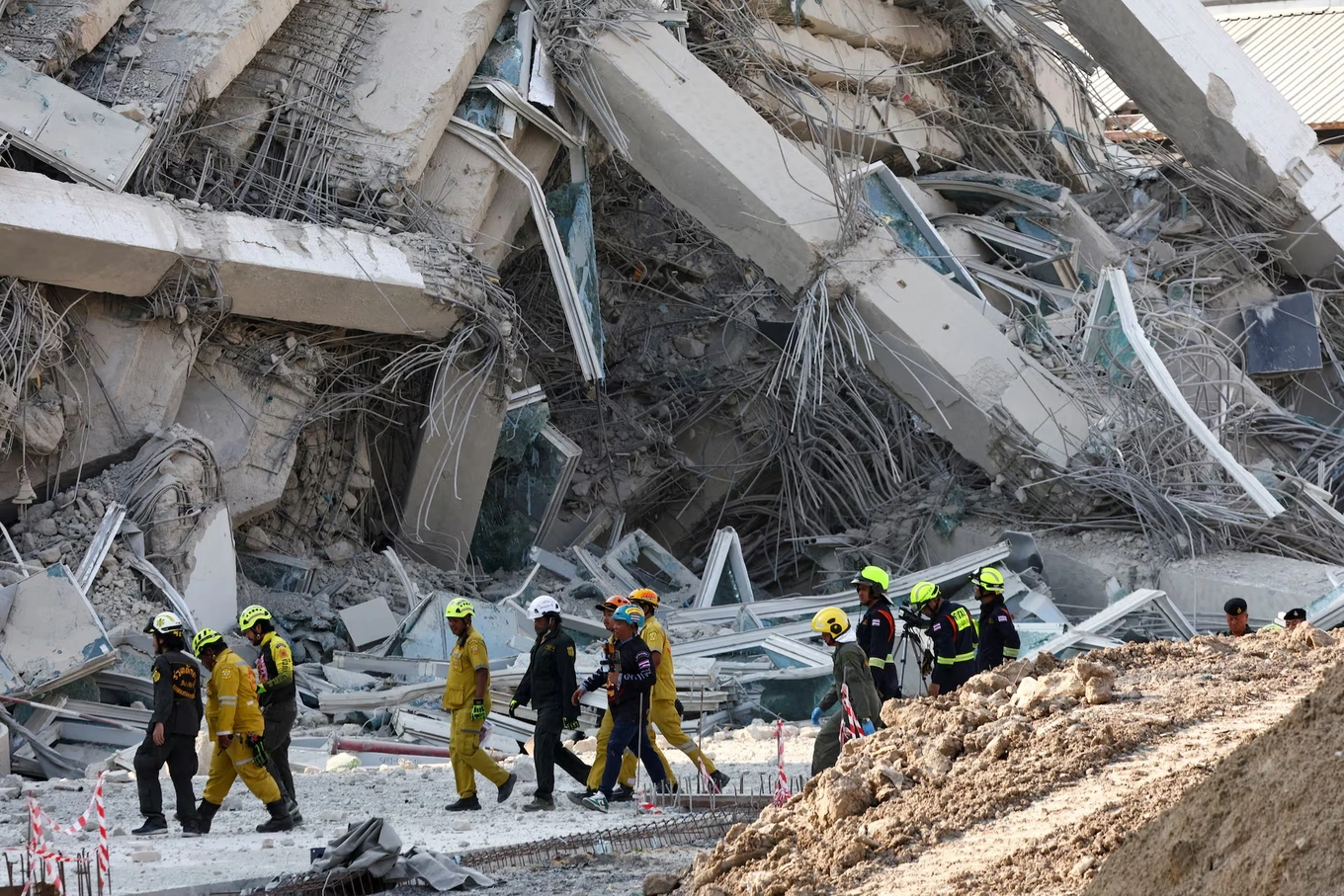


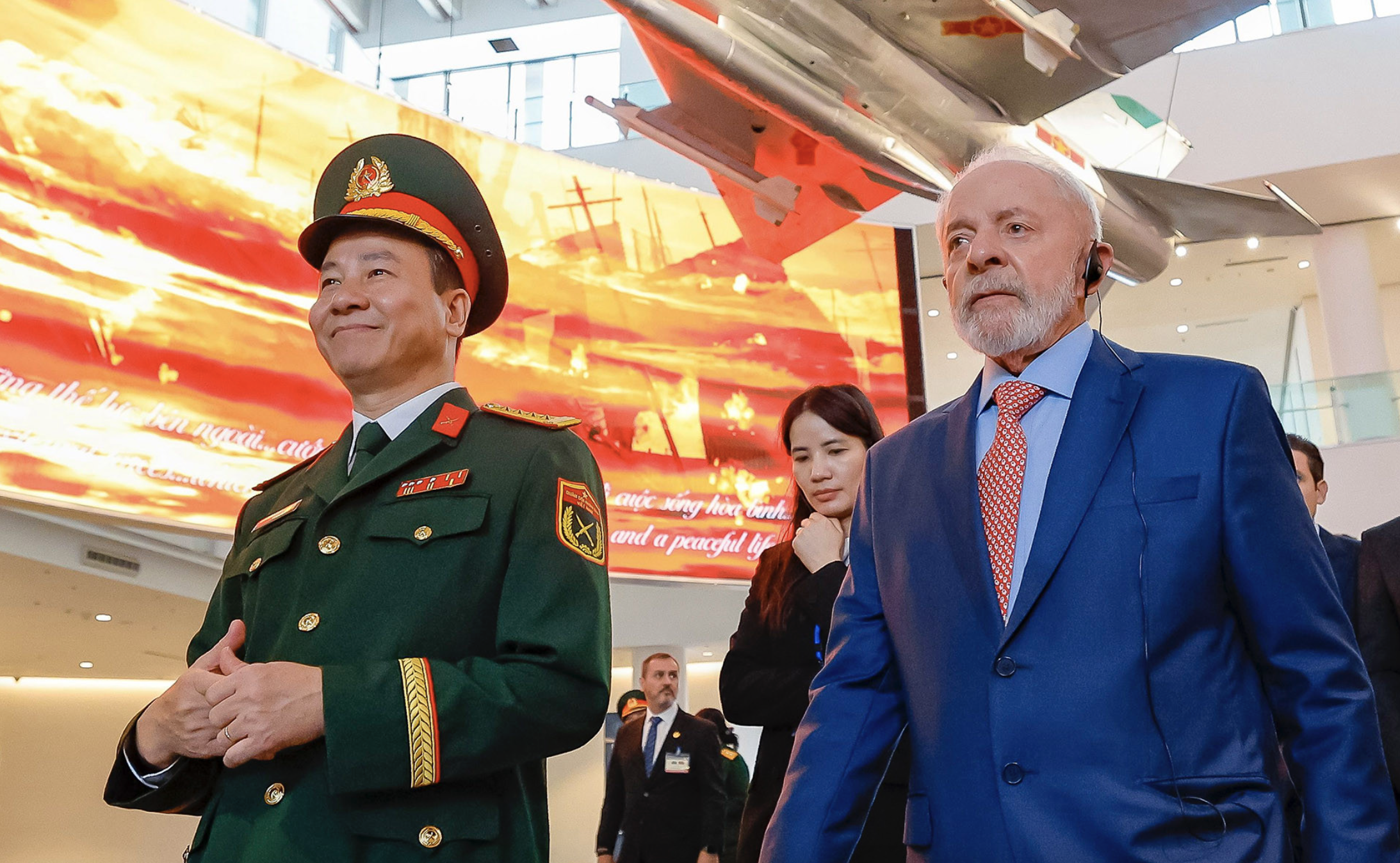
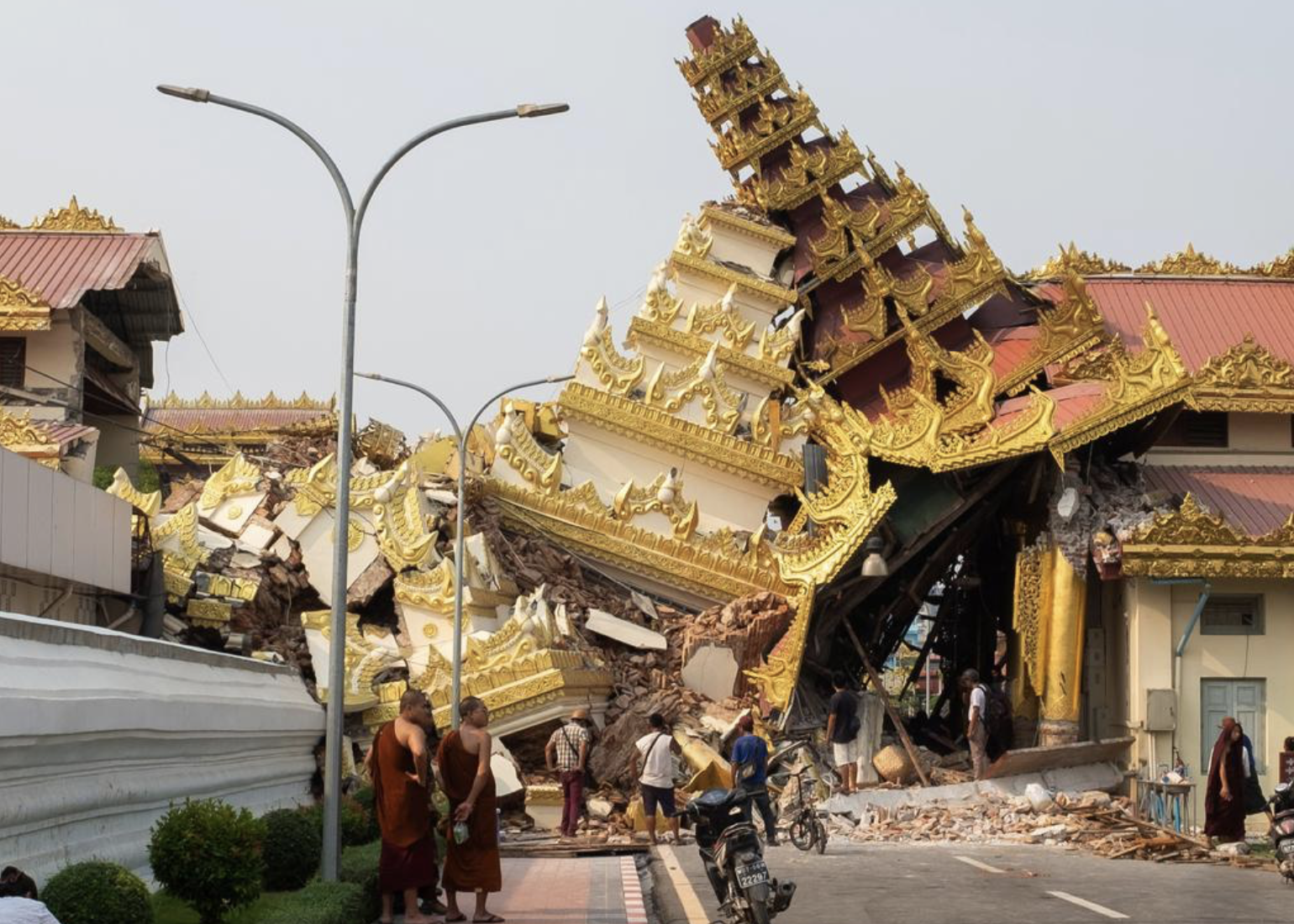


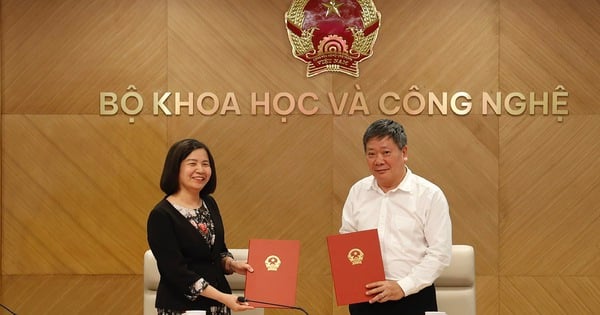

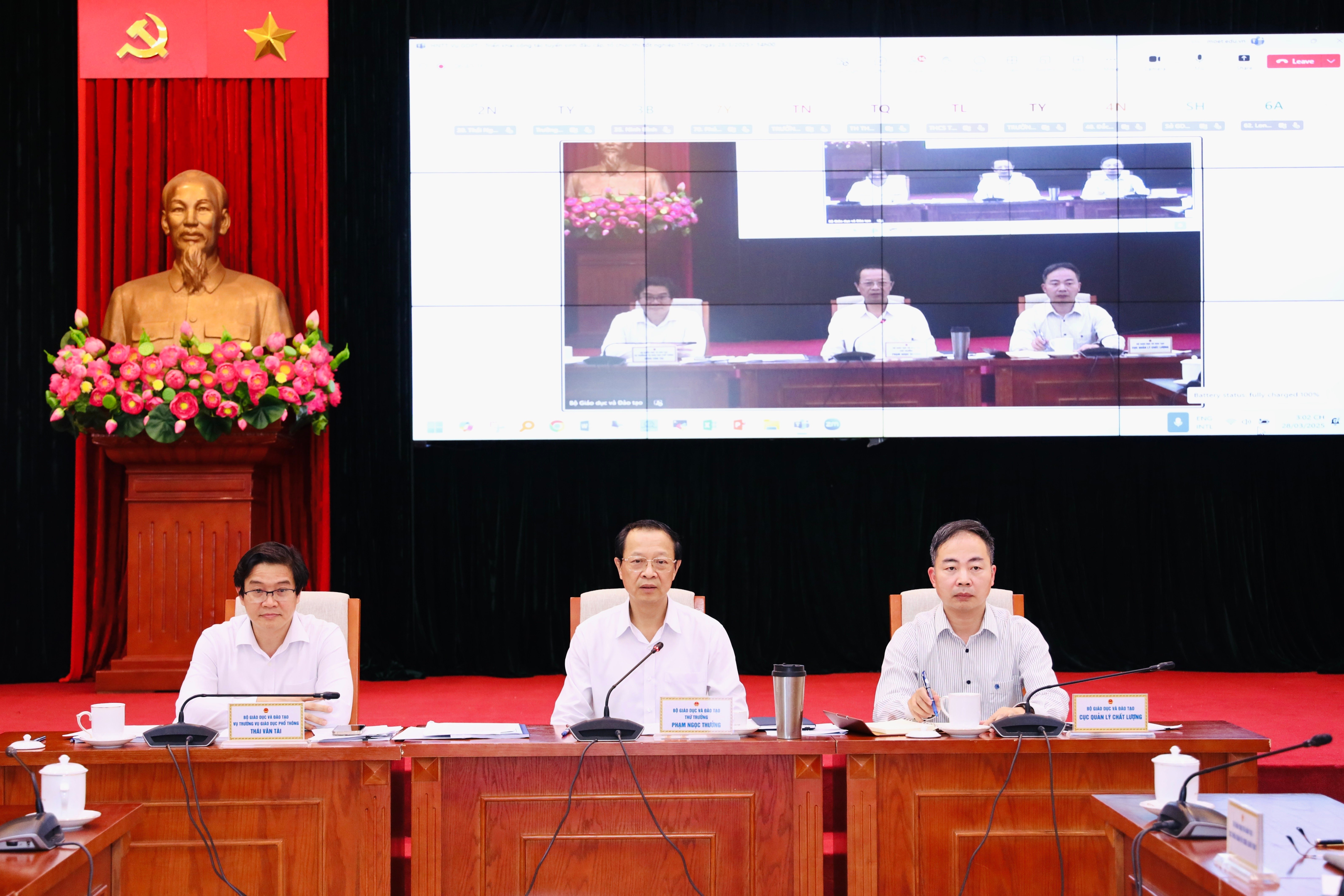

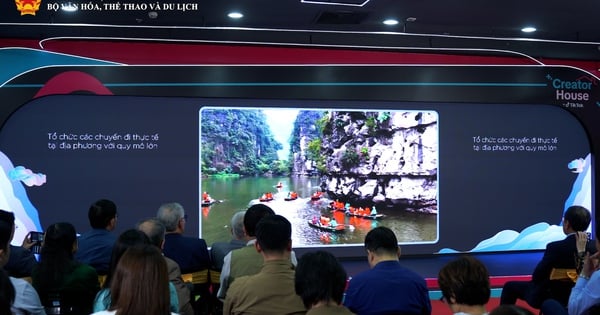
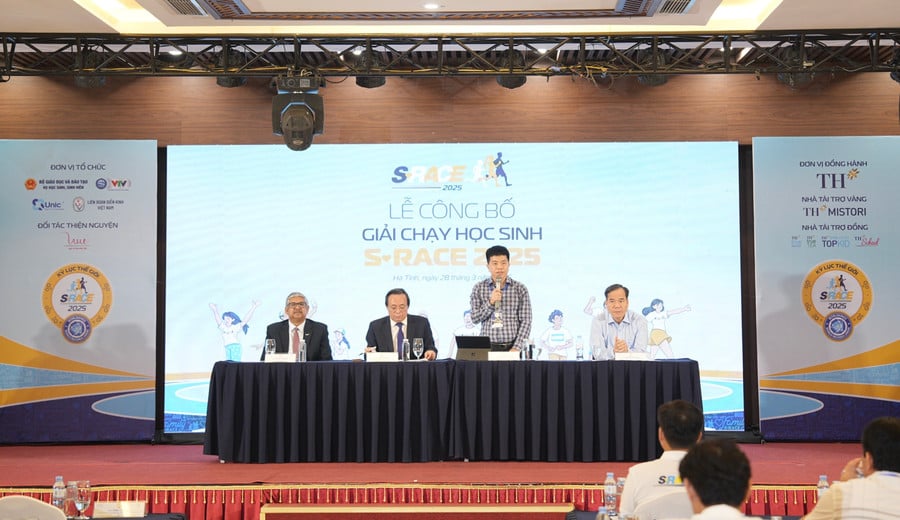
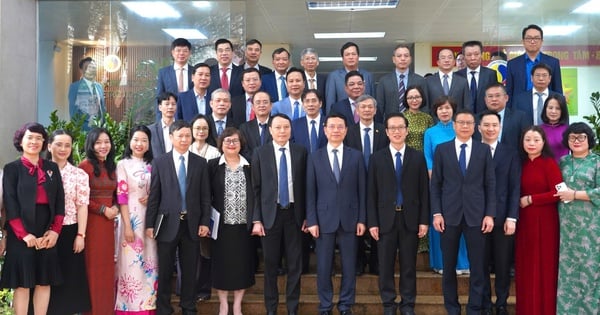
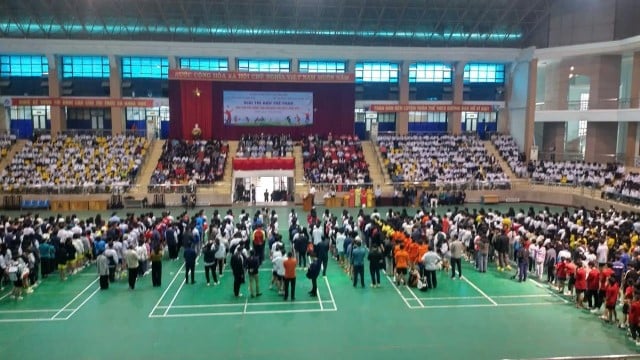


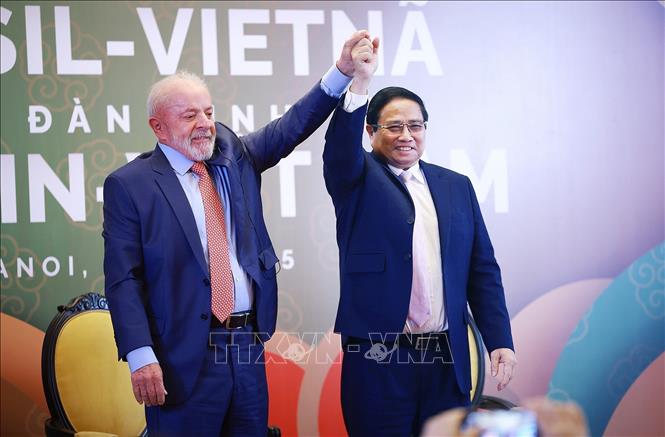
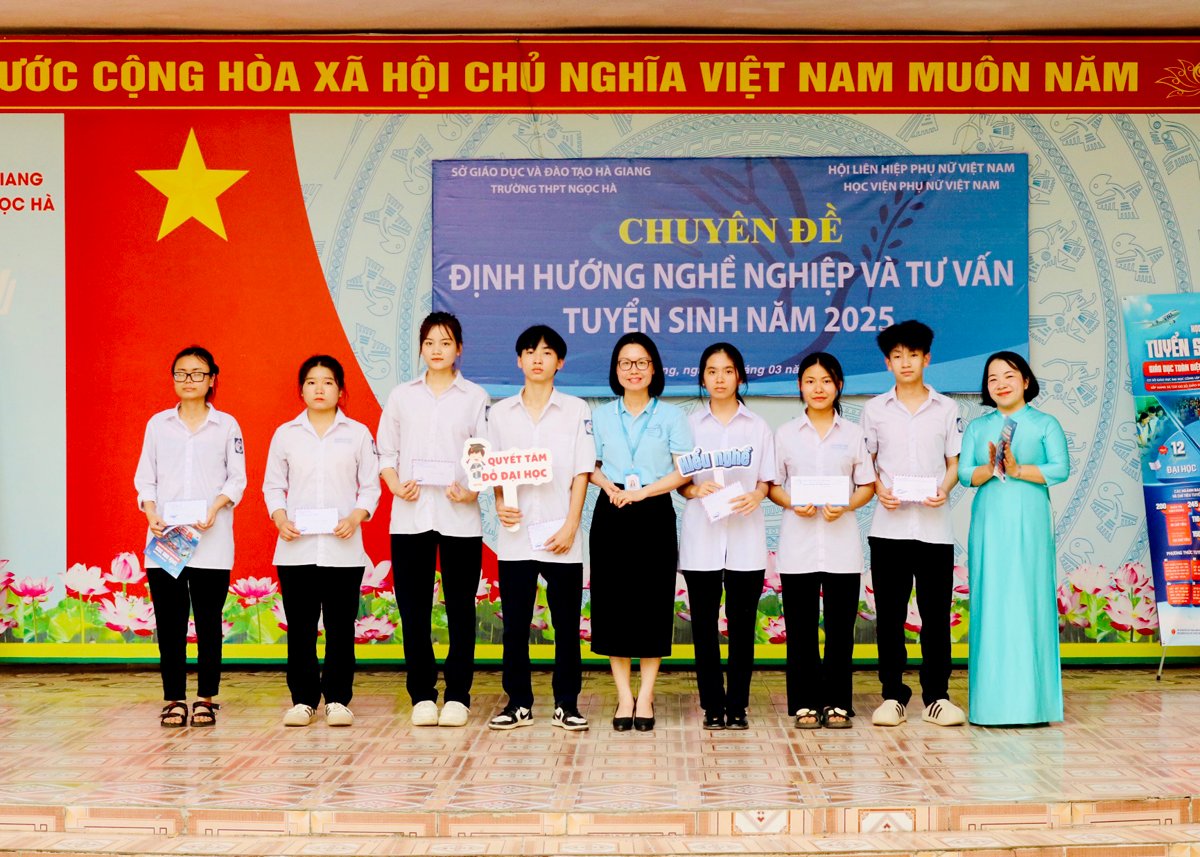

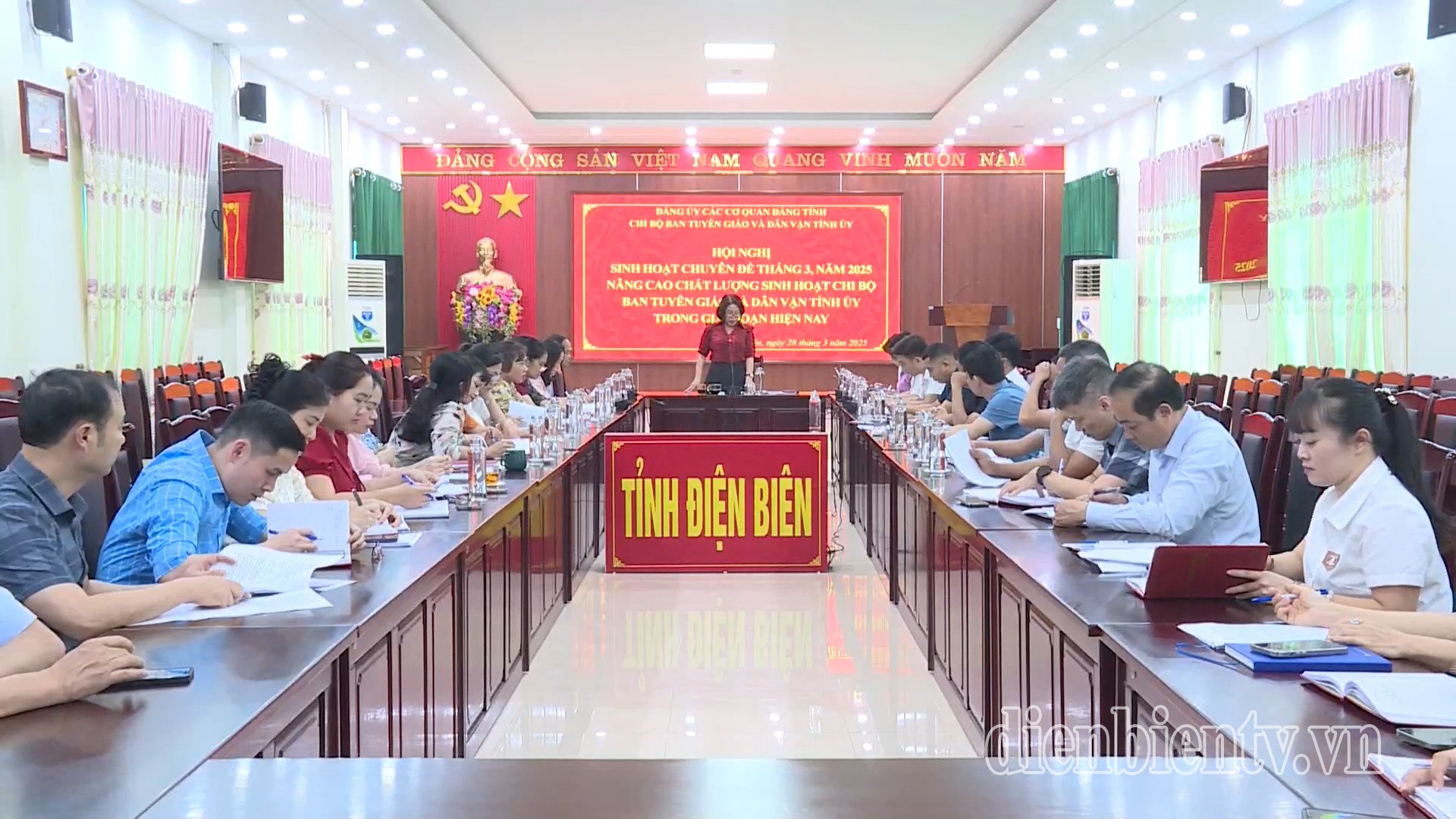









Comment (0)